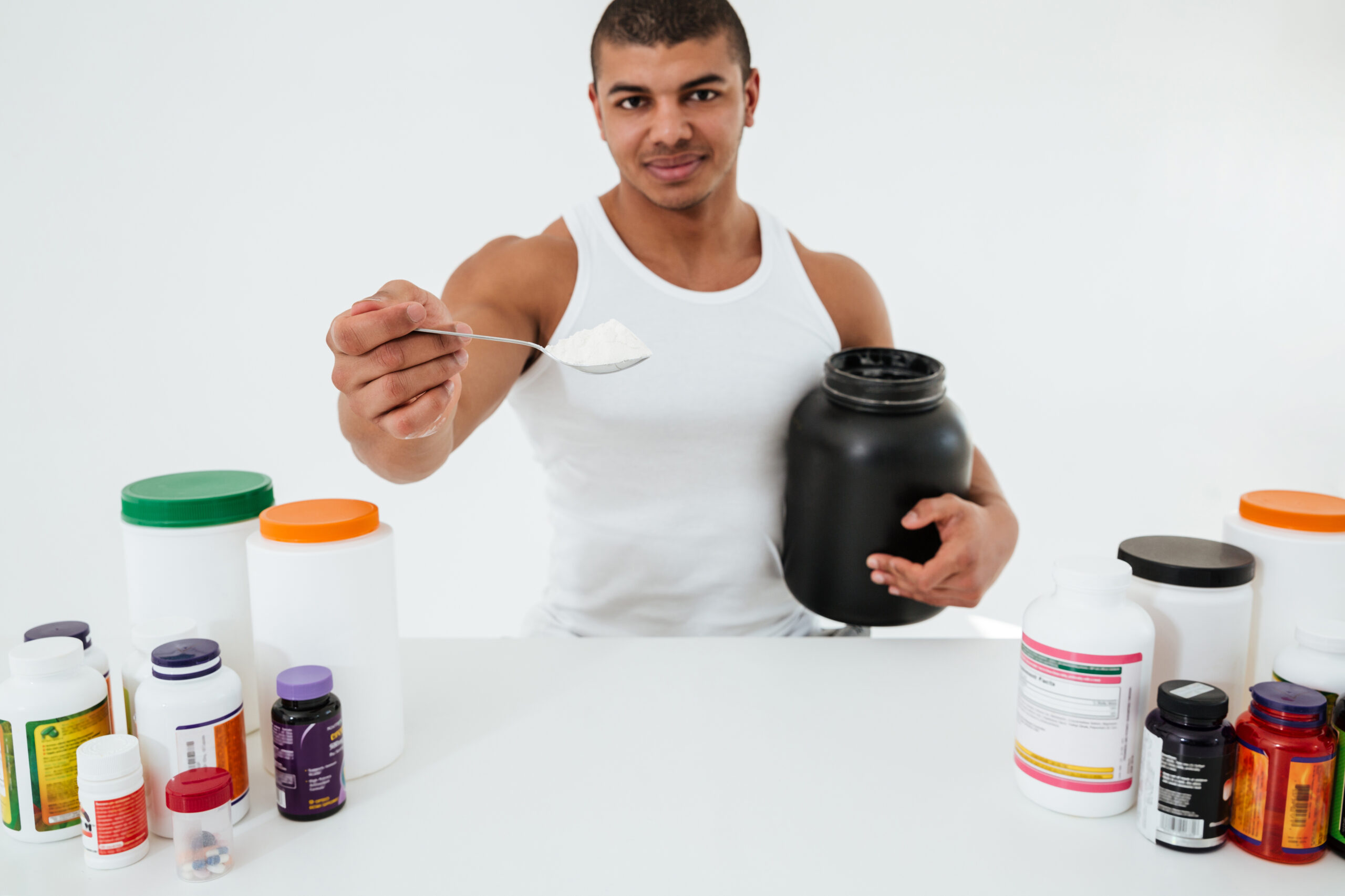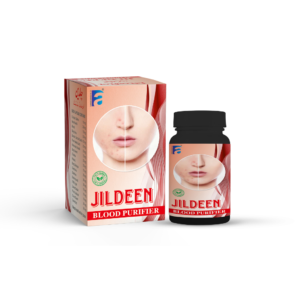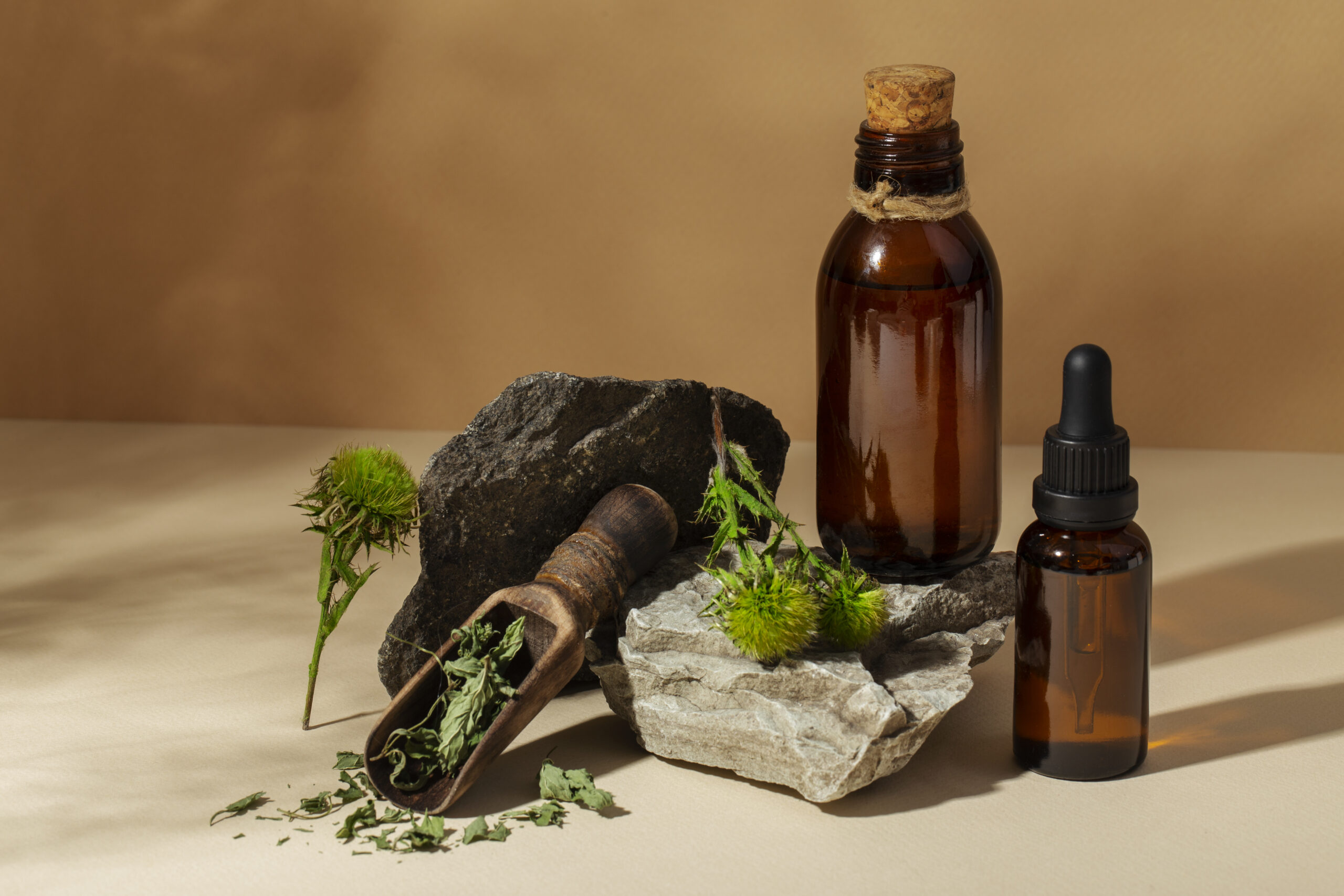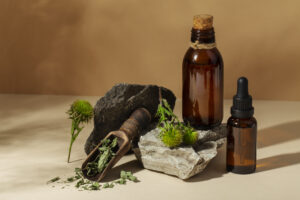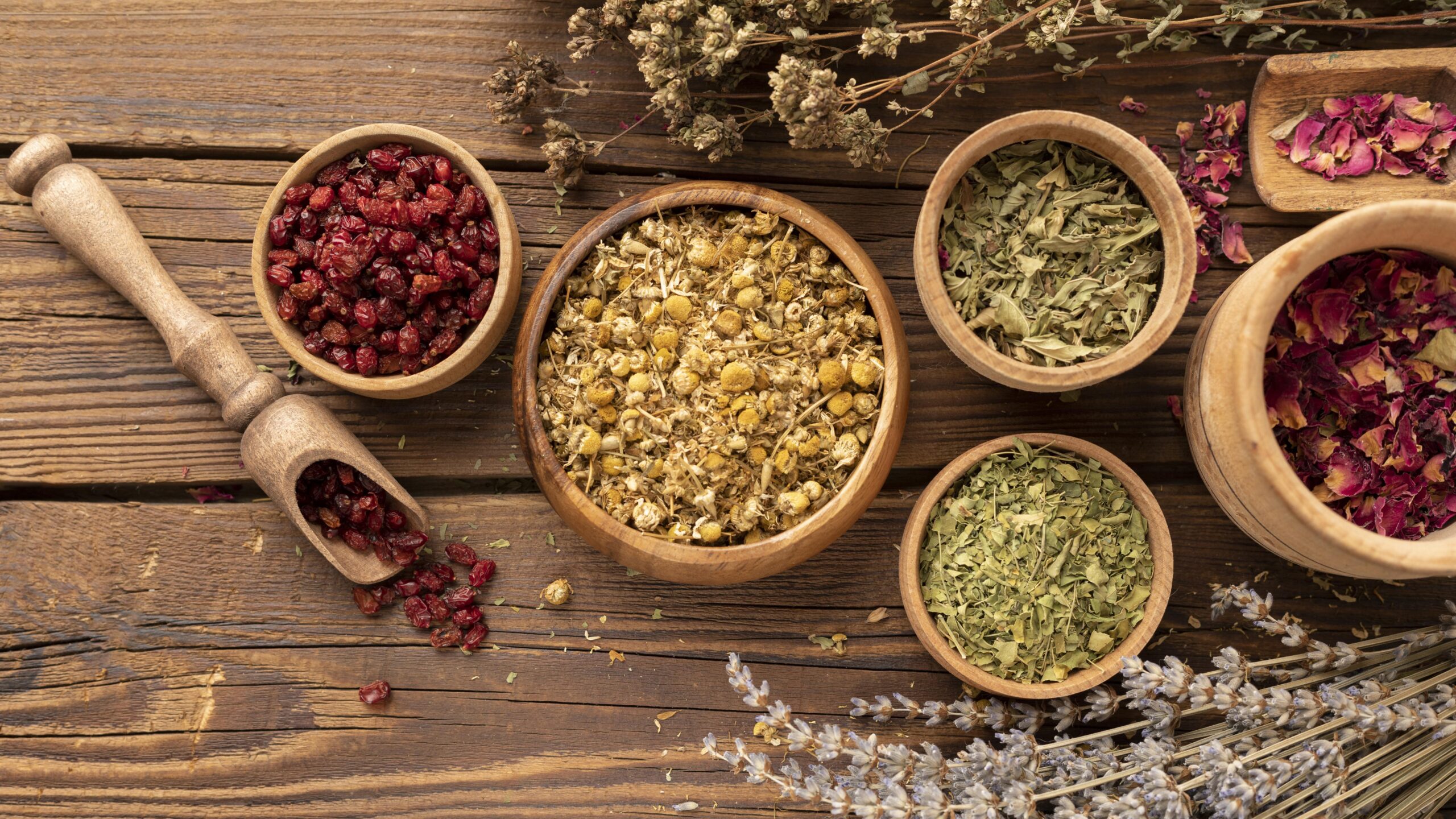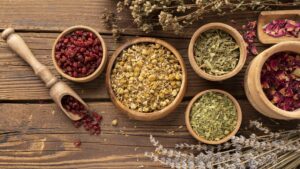Revitalizing Male Sexual Health with Herbal Medicine: A Comprehensive Guide
Introduction:
Sexual health is an integral aspect of overall well-being for men, but various factors such as stress, age, lifestyle choices, and medical conditions can impact sexual function. While seeking medical advice is crucial for addressing underlying health issues, many men also turn to herbal medicine as a natural and holistic approach to support sexual health. In this blog post, we’ll explore common male sexual problems, the benefits of herbal medicine, and specific herbs renowned for their aphrodisiac and performance-enhancing properties.
DISCLAIMER: The information provided in this blog is for educational and informational purposes only and is not intended as medical advice. The content is not intended to diagnose, treat, cure, or prevent any disease. Readers are advised to consult with a qualified healthcare professional regarding their specific health concerns and before starting any herbal remedies or health regimen. While every effort has been made to ensure the accuracy and completeness of the information presented, the author and publisher assume no responsibility for any errors or omissions. The use of herbal remedies and traditional medicine should be undertaken with caution and under the guidance of a qualified healthcare practitioner, especially for individuals with pre-existing medical conditions or those taking medications. The inclusion of specific herbs or formulations in this blog does not imply endorsement or recommendation. Individual responses to herbal remedies may vary, and it is important to consider individual health needs and sensitivities. Always read product labels and instructions carefully before use. By accessing and using this blog, readers acknowledge and agree to the terms of this disclaimer and release the author and publisher from any liability arising from the use or misuse of the information provided.
UNDERSTANDING MALE SEXUAL PROBLEMS:
Male sexual problems encompass a range of conditions that affect sexual desire, arousal, performance, and satisfaction. Some of the most common male sexual problems include:
- Erectile Dysfunction (ED): The inability to achieve or maintain an erection sufficient for sexual intercourse.
- Premature Ejaculation (PE): Ejaculation that occurs sooner than desired, often leading to dissatisfaction and distress.
- Low Libido (Low Sex Drive): Decreased interest or desire for sexual activity, which can be influenced by physical, psychological, or hormonal factors.
- Performance Anxiety: Stress, fear, or self-doubt that interferes with sexual performance and satisfaction, leading to difficulties in achieving or maintaining an erection.
These sexual problems can have a significant impact on a man’s self-esteem, relationships, and overall quality of life. While addressing the underlying causes is essential, herbal medicine offers natural alternatives to support sexual health and enhance sexual performance.
The Benefits of Herbal Medicine for Male Sexual Health:
Herbal medicine has been used for centuries in various cultures around the world to promote sexual vitality, stamina, and performance. Unlike synthetic drugs, herbal remedies often work synergistically with the body’s natural processes, offering gentle yet effective support for sexual health. Here are some of the key benefits of herbal medicine for male sexual health:
- Aphrodisiac Effects: Many herbs have aphrodisiac properties that can enhance libido, arousal, and sexual desire.
- Improved Blood Circulation: Certain herbs help improve blood flow to the genitals, promoting erectile function and sexual performance.
- Hormonal Balance: Herbal remedies can help balance hormone levels, particularly testosterone, which plays a crucial role in male sexual function.
- Stress Reduction: Adaptogenic herbs help the body adapt to stress and promote relaxation, reducing performance anxiety and enhancing sexual satisfaction.
- Nourishing and Tonifying: Some herbs nourish and tonify the reproductive organs, supporting overall sexual health and vitality.
COMMON HERBS FOR MALE SEXUAL HEALTH:
Numerous herbs have been traditionally used to address male sexual problems and enhance sexual performance. Here are some of the most popular herbs renowned for their aphrodisiac and performance-enhancing properties:
- Panax Ginseng: Also known as Asian ginseng, Panax ginseng is a potent adaptogenic herb that has been used for centuries to enhance libido, improve erectile function, and increase stamina and endurance.
- Horny Goat Weed (Epimedium): Horny goat weed is a Chinese herb known for its aphrodisiac effects and its ability to improve erectile function by increasing blood flow to the penis.
- Tribulus Terrestris: Tribulus terrestris is an herb that has been used in traditional Ayurvedic medicine to enhance libido, improve sexual performance, and support reproductive health in men.
- Maca Root: Maca root is a Peruvian herb that is often referred to as “Peruvian ginseng.” It is known for its ability to increase libido, improve erectile function, and enhance sperm quality and fertility.
- Tongkat Ali (Eurycoma Longifolia): Tongkat Ali is a Malaysian herb that is commonly used to improve libido, enhance sexual performance, and increase testosterone levels in men.
- Ashwagandha (Withania Somnifera): Ashwagandha is an adaptogenic herb that has been used in Ayurvedic medicine for centuries to reduce stress, improve energy levels, and enhance sexual vitality in men.
- Saw Palmetto: Saw palmetto is a palm tree native to the southeastern United States. It is commonly used to support prostate health and alleviate symptoms of benign prostatic hyperplasia (BPH), but it may also have benefits for male sexual health.
USING HERBAL MEDICINE FOR MALE SEXUAL HEALTH:
When incorporating herbal medicine into your regimen for male sexual health, it’s essential to do so under the guidance of a qualified healthcare practitioner. Here are some general tips for using herbal remedies effectively:
- Consult a Healthcare Professional: Before starting any herbal treatment for male sexual problems, consult with a healthcare professional to determine the underlying causes and the most appropriate herbal remedies for your specific needs.
- Choose High-Quality Herbs: Select high-quality herbal products from reputable sources to ensure purity, potency, and safety. Look for standardized extracts and avoid products containing fillers or additives.
- Follow Dosage Recommendations: Follow the dosage recommendations provided on the product label or by your healthcare provider. Start with a lower dose and gradually increase as needed, paying attention to any potential side effects.
- Be Patient and Consistent: Herbal remedies may take time to produce noticeable effects, so be patient and consistent with your treatment regimen. Give your body time to respond to the herbs, and stick to your regimen for optimal results.
CONCLUSION:
Male sexual problems such as erectile dysfunction, premature ejaculation, low libido, and performance anxiety can have a significant impact on a man’s physical and emotional well-being. While seeking medical advice is essential for addressing underlying health issues, herbal medicine offers natural alternatives to support sexual health and enhance sexual performance. Panax ginseng, horny goat weed, tribulus terrestris, maca root, tongkat ali, ashwagandha, and saw palmetto are just a few examples of herbs renowned for their aphrodisiac and performance-enhancing properties. By incorporating these herbs into your regimen under the guidance of a qualified healthcare practitioner, you can revitalize your sexual health and enjoy a fulfilling and satisfying sex life.


